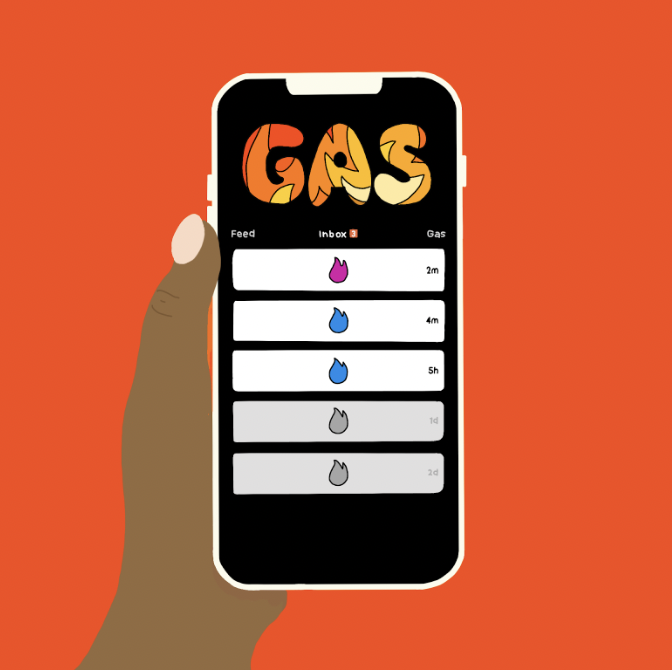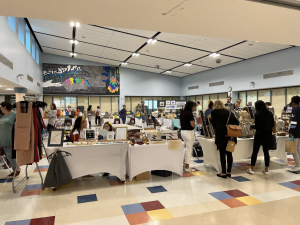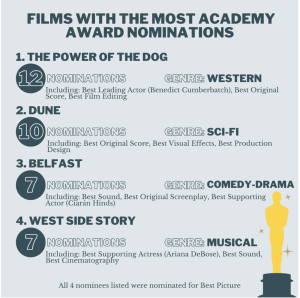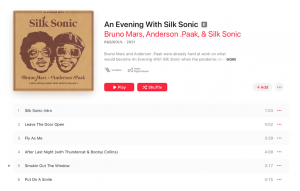Gas app gains popularity at Staples
Gas has become another commonly seen social media app on teenagers’ phones. At Staples currently, the user population is growing daily.
Social media is known to cause feelings of inadequacy in one’s life or self. You’ve heard it on the news – the negative impacts it has on the developing mind, the FOMO it gives to people leaving them depressed and alone – but maybe that’s no longer the case. Gas, a fairly new social media app, is determined to gas up users and create the opposite effect.
Released in August and originally named Crush, “Gas was the most popular free iPhone app and the No. 1 social-networking download in the App Store, despite being limited to a handful of states,” according to The Wall Street Journal.
Access to Gas in New England has only been granted about two weeks ago. According to Gas (as of Nov. 15) there are nearly 300 Staples users.
According to Gas, the app works like this: Users vote anonymous polls on friends and schoolmates that allow users to send and receive compliments, called flames. Only gender and grade level identifies the sender; however, hints can be rewarded or the sender can be revealed with purchase. Users get a new series of polls an hour after they’ve completed the previous set, making the complimenting unlimited.
Each prompted poll is a positive or humorous one, such as “future first round draft,” “shocked that they’re single” or “should be kept away from anything flammable.” This eliminates the possibility of negative comments and supposedly the effects social media apps commonly give.
“I think that it is a lot more positive than other social media apps and has less negative effects,” Ryder Levine ’25 said. “It provides a place for people to anonymously share kind messages, which isn’t possible on other apps.”
Flame amounts are openly displayed on each user’s profile along with which compliments friends received. With personal flames, users can see what people they were picked out of. Users can share the polls onto other platforms, such as a Snapchat story.
Despite the positives of the app, some students identify potential issues. One who does not receive as many flames as others, or sees someone was picked over them for a particular compliment, can result in Gas starting to become less of a positive outlet.
“It might be a bit of a psychologically dangerous app,” Olivia Saw ’26 said. “Some people may begin to start obsessively searching for outside recognition to feel self worth, or they may begin to think negatively about themselves if they aren’t being voted enough in the app.”
Gas already has an attempted solution to this problem. Users who haven’t been picked often are automatically put in more polls, therefore increasing their chances of gaining a flame. Either way, it seems like Gas will continue to grow in popularity in high schools and at Staples.

Rylie Cordella ’25, Business Manager
When someone recommends something new, there's a chance you won’t like it. However, that's not how it was for...




















































